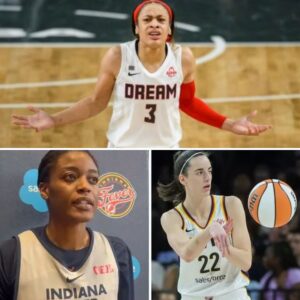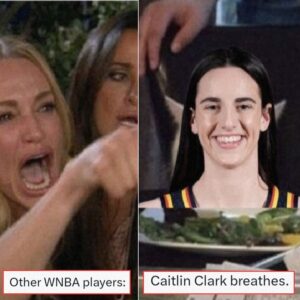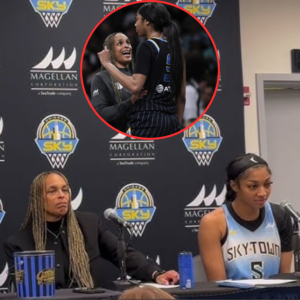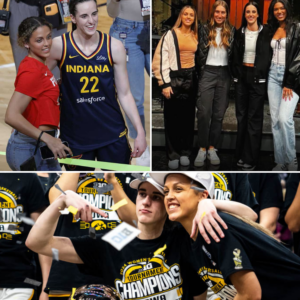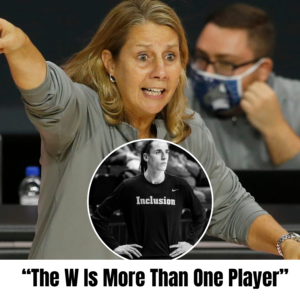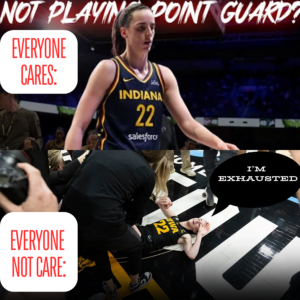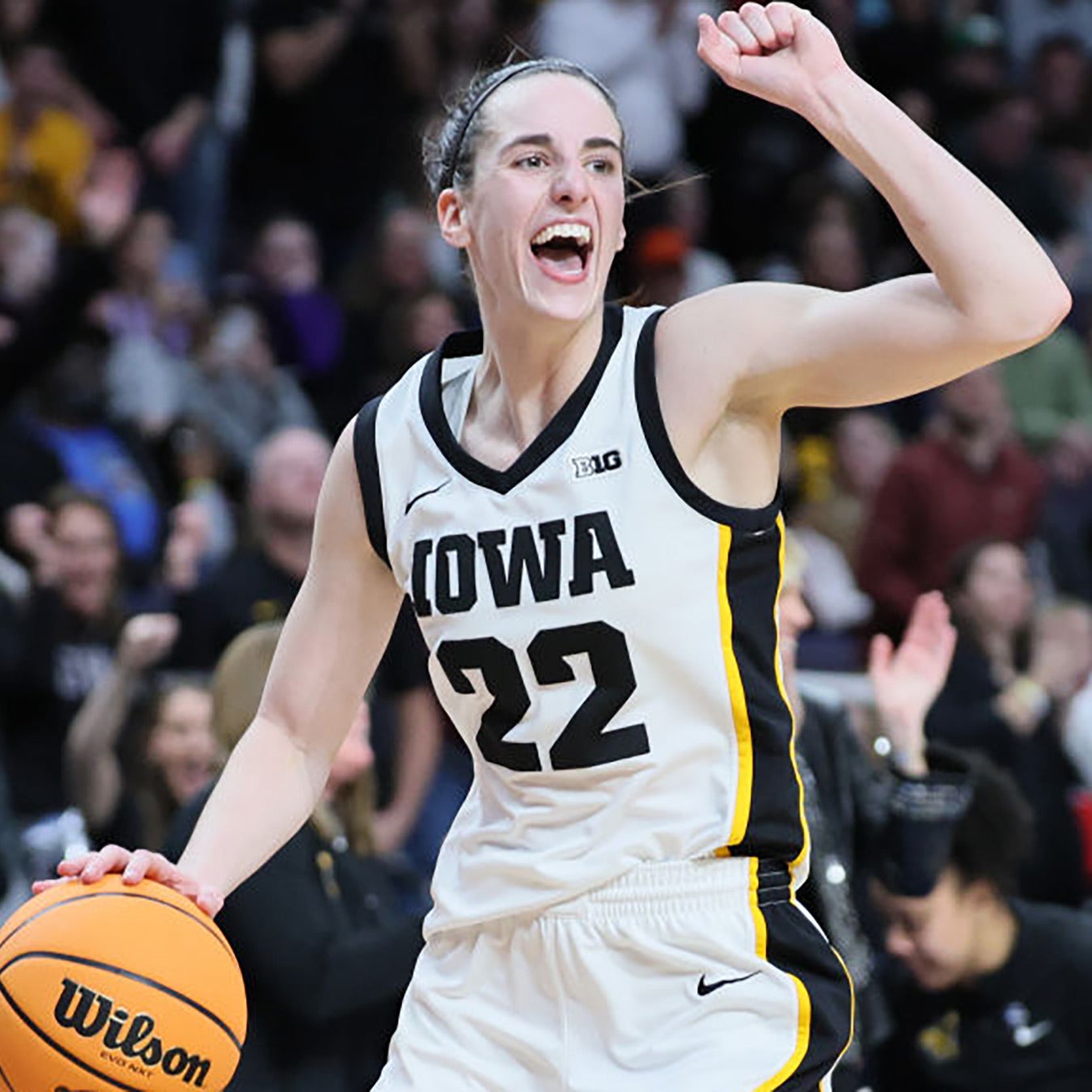
Caitlin Clark was honored with the prestigious James E. Sullivan Award on April 23 by the Amateur Athletics Union (AAU), recognizing her as the top amateur American athlete at the collegiate or Olympic level. The AAU, boasting over 800,000 members, prides itself on promoting inclusivity in sports under the motto “Sports for All, Forever.” Clark, 22, earned the distinction for her exceptional performance and impact on women’s collegiate basketball during her remarkable journey to the NCAA finals with the University of Iowa, marking her second consecutive win.
Despite Clark’s deserving accolades and her dedication to inspiring young female athletes, the irony lies in the award’s namesake, James Edward Sullivan. Sullivan, who founded the AAU in 1888 and passed away in 1914, held staunch opposition to women participating in sports, a sentiment that contradicts the AAU’s mission of inclusivity. In his writings and actions, Sullivan expressed sexist views, dismissing the role of women in athletics and vehemently opposing their involvement in prominent athletic events.
Sullivan’s discriminatory stance against female athletes persisted, influencing the landscape of sports during his tenure and hindering opportunities for women to compete at the highest levels. Notably, athletes like American diver Ida Schnall voiced frustration over Sullivan’s objections to their participation in events such as the Olympic Games, citing gender-based discrimination as a barrier to their athletic pursuits.
Despite calls for reconsideration of the award’s name in light of Sullivan’s controversial legacy, the AAU has yet to initiate a public discourse on the matter. While Clark joins a prestigious list of Sullivan Award winners, including renowned athletes from various disciplines, the discrepancy between the award’s namesake and its recipients underscores the complex history of gender inequality in sports and the ongoing efforts to promote inclusivity and equality in athletic pursuits.
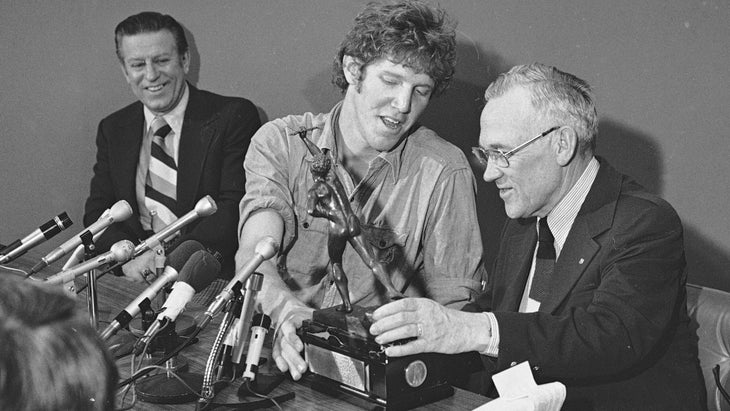
James Edward Sullivan, known for his formidable presence and influence in early twentieth-century amateur athletics, held significant power as a leader in the sports community. Rising from humble beginnings in New York City, Sullivan’s athletic prowess and editorial skills propelled him to prominence within the Amateur Athletic Union (AAU), where he served as a key figure in organizing American Olympic teams for several Games.
However, Sullivan’s legacy is tarnished by his discriminatory beliefs and actions. Notorious for his staunch opposition to women’s participation in sports, Sullivan’s views clashed with the AAU’s mission of inclusivity. He infamously revoked gold medals and disregarded world records, imposing his authority over hundreds of regional sports clubs.
Sullivan’s controversial tenure extended beyond sexism to include racially charged events like the 1904 Olympics in St. Louis, where he orchestrated the deplorable “Anthropology Days” experiment. This eugenics-driven spectacle aimed to showcase the supposed athletic superiority of white Americans over indigenous participants from around the world.
Despite criticisms of his views, Sullivan’s influence persisted, inhibiting women’s participation in Olympic events until his death in 1914. His legacy remains complex, with some praising his contributions to amateur athletics while others condemn his prejudiced beliefs.
While Sullivan’s achievements are recognized within elite athletic circles, his troubling views on gender and race are often overlooked. The AAU and the New York Athletic Club, which hosts the Sullivan Award ceremony, have yet to publicly address the controversy surrounding their founding figure.
News
“No bloody joke”: Temi Fagbenle gained social media admiration for defending Caitlin Clark and criticizing Chennedy Carter’s actions, exciting fans.
“No bloody joke”: Caitlin Clark’s teammate, Temi Fagbenle, has earned widespread admiration on social media for speaking out against Chennedy Carter’s undisciplined actions towards Clark. Fagbenle’s candid and strong defense of her teammate has struck a chord with fans and…
‘Wameh doing and Wameh things’: Despite advocating for “Women Empowerment,” they criticize Caitlin, claiming she doesn’t do anything that the other girls can’t do, so they have a right to be upset.
In the fast-paced world of basketball, where athleticism and skill are celebrated, there exists a paradoxical situation within the realm of “Women Empowerment.” Despite the rhetoric surrounding support for women in sports, there are instances where female athletes face criticism…
Teresa Weatherspoon Praises Angel Reese for Courageously Overcoming ‘Harsh Media Criticism’ That Made Many Angry and ‘Spout Profanity’
The dark side of popularity really exists. Not many would know this better than Chicago’s rookie Angel Reese. From her very entry into the LSU Tigers to her everyday moves, she has known what it feels like to be under…
Gabbie Marshall and Caitlin Clark: 5 Instances Where the Former Iowa Duo Showcased Their Heartwarming Friendship in the 2024 WNBA Season
Caitlin Clark and Gabbie Marshall’s best moments. The former Iowa star hooper Caitlin Clark has made her way to the WNBA as the No. 1 pick in the 2024 draft class. Accompanied by her other talented teammates like Gabbie Marshall…
Lynx Head Coach Cheryl Reeve is fed up with the hype surrounding Caitlin Clark, and might not want her on Olypic squad. How stupid! Dismissing Clark’s impact seems shortsighted, as she’s drawing unprecedented attention to the league.
Indiana Fever star and 2024 WNBA No. 1 overall pick Caitlin Clark‘s popularity continues to grow and it’s to a point that even the current legendary WNBA coaches are a bit annoyed with the media and corporate infatuation with the NCAA’s…
WNBA officiating needs to dial back the physicality that often overshadows the players’ talent. Did you read the Fever’s coach’s comments about Caitlin Clark being absolutely exhausted and she thought she was going to have to go on the court and help her to the bench she was so tired??
The issue of physicality in WNBA officiating has come under scrutiny recently, with concerns that it often overshadows the players’ talent. The comments made by the Fever’s coach regarding Caitlin Clark’s exhaustion highlight the demanding nature of the WNBA and…
End of content
No more pages to load
